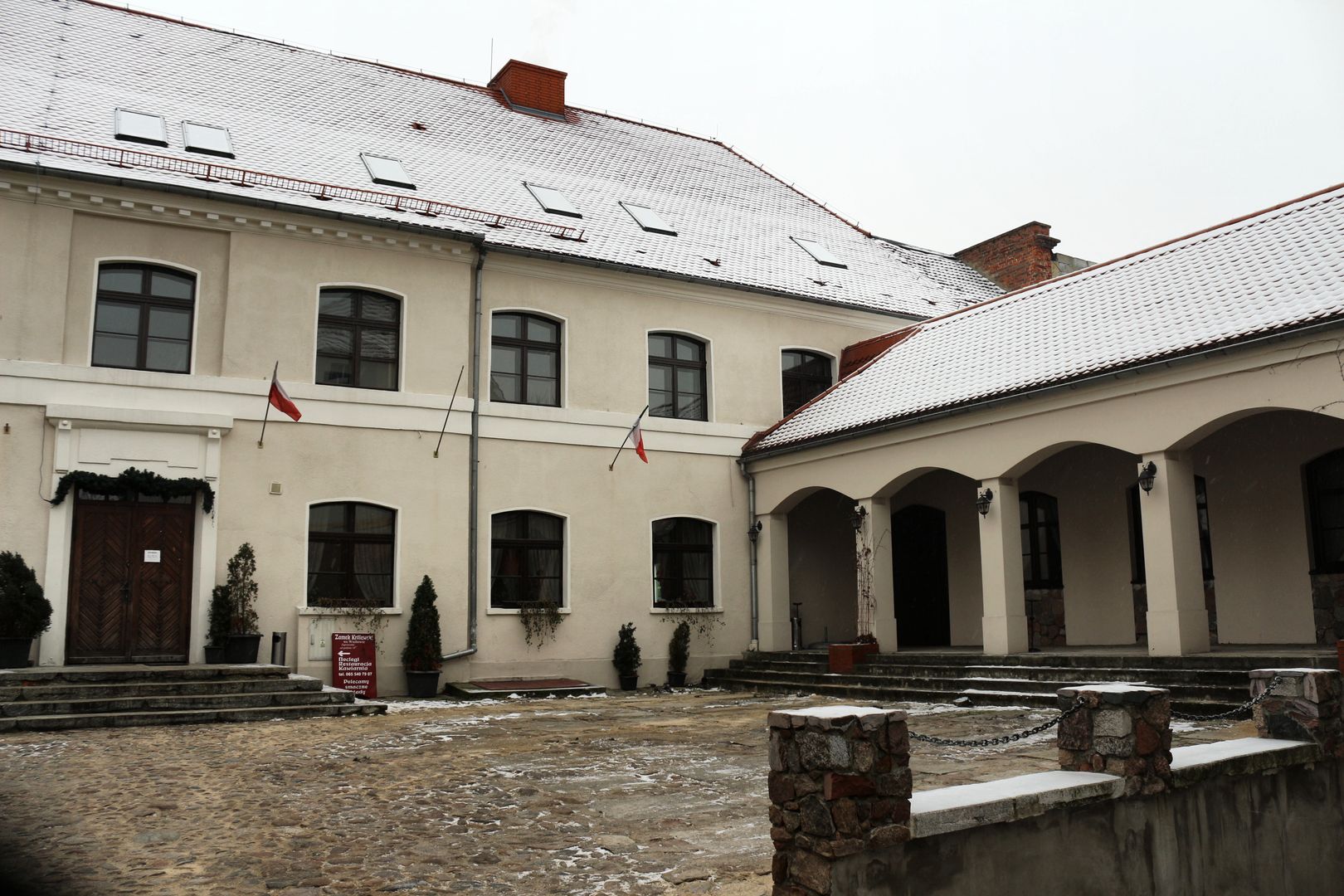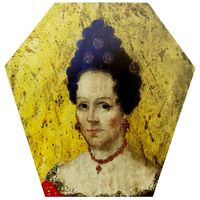Wschowa
6.72

Overview
Wschowa, a historic town in the Lubusz Voivodeship, boasts a rich history dating back to the 13th century when it was granted town rights. Situated at the junction of Greater Poland and Silesia, it has witnessed numerous historical events over the centuries, including its affiliation with the Duchy of Głogów and its subsequent incorporation into Poland by Casimir III the Great in 1343. Wschowa was a renowned center for cloth-making and crafts, home to numerous guilds, and the seat of noble courts. The town was visited by many monarchs and served as the second capital of Poland in the 18th century. Wschowa preserves numerous historic landmarks, including the Gothic parish church of St. Stanislaus, the Franciscan monastery complex, and the 16th-century town hall, symbolizing the town's architectural wealth. Among interesting facts, it is worth noting that Wschowa was known as the German Fraustadt and held significance in early trade routes from Poznań to Głogów. After World War II, Wschowa returned to Polish administration, and its German residents were displaced. Today, the town is developing by blending tradition with modernity, with key cultural highlights such as the Museum of the Wschowa Land and various sports and educational initiatives that attract both residents and tourists. Wschowa also reflects the importance of community, with numerous Catholic parishes and Jehovah's Witness congregations, showcasing its religious diversity. This place not only preserves its historical character but also emphasizes development and international cooperation, as demonstrated by its partnership with Soleczniki.
Location
You can also find here:
2026 Wizytor | All Rights Reserved
